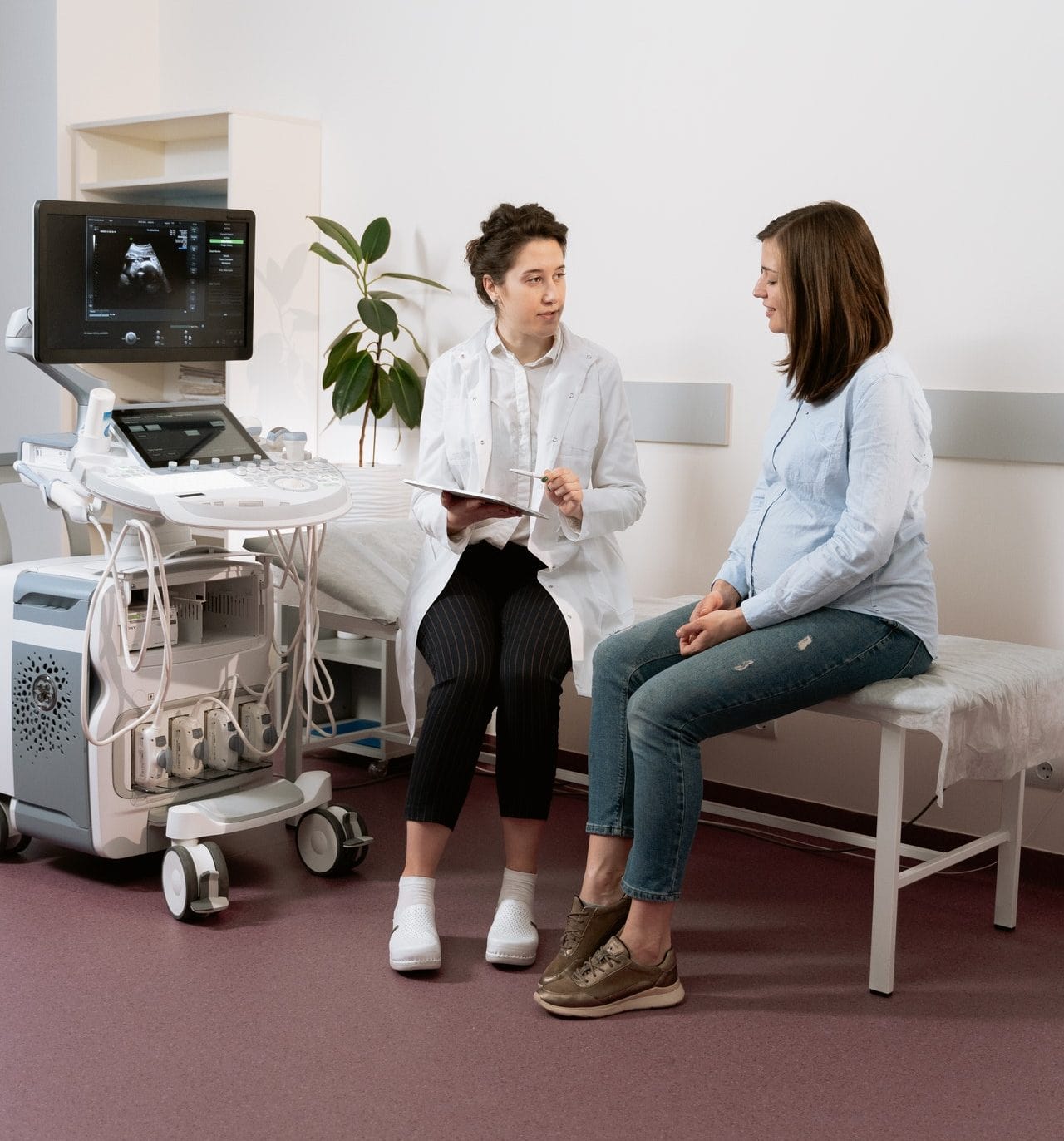Osteoporosis is a disease that causes the bones to become brittle and prone to breakage easily. Something as simple as coughing or bumping your hip can result in major fractures if you have Osteoporosis. It is usually related to age, as people above 65 years are much more likely to experience its effects. On top of that, women account for the major percentage of people suffering from Osteoporosis. Apart from the usual age-related problems like weak eyesight and high blood pressure, older women also have to deal with menopause. This brings a whole set of health problems with it due to the lack of estrogen production.
Estrogen helps prevent bone density loss and keeps these problems at bay. However, if you’re a menopausal woman, you won’t produce it anymore and be at risk. Your gynecologist can help you prevent Osteoporosis with a combination of monitoring and medical measures. In fact, you should talk to them about it well before menopause hits, so that you take all the preventive measures and sustain them well into your older years. Here’s how they will help save you from the ravages of this disease.
Monitor Estrogen Levels:
As Estrogen plays a major role in Osteoporosis, your gynecologist can detect its possibility by monitoring your levels from an earlier age. It is best to get started from your mid-40s or early 50s, especially if you’re a white or Asian woman. These two races are more likely to suffer from Osteoporosis, so early detection and prevention is an important aspect.
Monitor Vitamin D & Calcium:
Many people do not consume enough Vitamin D or Calcium in their diets. These nutrients are essential for bone density and repair, so your gynecologist will make sure you meet your daily requirements.
They will have you test these levels, and then recommend the right women’s wellness supplements for you. Often, your Calcium levels may be okay, but your Vitamin D levels may be insufficient. The thing is, Vitamin D promotes Calcium absorption, so you need both in tandem to keep your bone health at its best.
Track Menopausal Changes:
Menopause is one of the major life changes women will experience in their lifetimes. It brings a lot of complications and concerns, with high Osteoporosis risk being one of them. Talk to your gynecologist about menopause, and how to figure out when it’s about to happen. They will work with you to monitor its symptoms and see how your Estrogen levels and bone density are behaving.
As long as you are vigilant about your menopause with your doctor, you can take the appropriate measures in advance to prevent serious problems like Osteoporosis.
Consider Medical & Family History:
Your gynecologist will ask you about your own history of fractures, and your family history of fractures and cancer. If there is a history of breast or ovarian cancer in your family, then that increases the risk for Osteoporosis. In addition, you may also have a history of undiagnosed Osteoporosis in your family, so make sure you share the complete history, as far as you know.
This can save you and other women in your family, as your gynecologist will monitor you accordingly, and assess the risk more comprehensively from an earlier age. Therefore, even if you’ve had quite minor fractures, list them all and also ask your older family members to get a more in-depth history of these issues.
Recommend Screenings After 65:
If you’re in the risk group, your gynecologist will recommend regular bone density screening. If you have a family history, then these screenings may even start earlier than the usual age of 65. So, you should follow their recommendations and get your bone density checked regularly.
Furthermore, if you’re showing early signs of Osteoporosis, your gynecologist may refer you to the appropriate doctors, and also help you manage it on their own end. This can involve Estrogen-replacement therapy, which helps prevent the disease in the menopausal stages.
Suggest Proper Lifestyle & Diet:
While an active lifestyle and nutritious food are important for everyone, they are particularly more so for women at risk of Osteoporosis. If you fall in this group, you should talk to your gynecologist to see what changes they recommend.
Incorporate their lifestyle and diet suggestions in your life, as this will keep the disease’s symptoms at bay for longer. In addition, you can manage it better if you have the right state of health.
In conclusion, your gynecologist plays a major role in helping you prevent Osteoporosis. Therefore, you should start the conversation with them as soon as you hit your pre-menopausal age, or even before.
Tags: high blood pressureOsteoporosisprevention of Osteoporosisrole of gynaecologisttips for prevention of Osteoporosis

